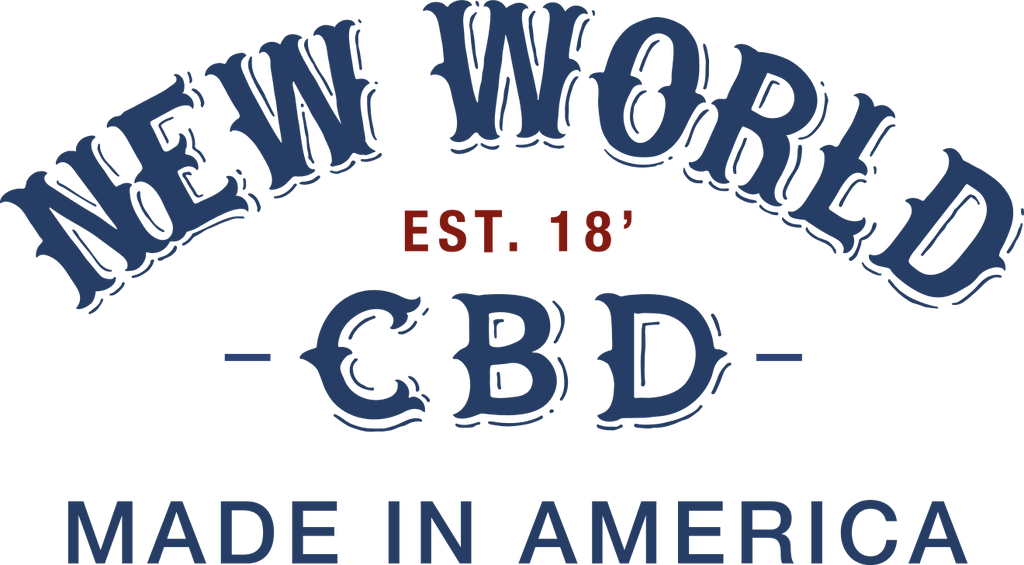Edible Arrangements founder turns to CBD | Business - Journal Inquirer
SOUTH WINDSOR — Standing beside a vast field of freshly planted hemp seedlings, Tariq Farid, the founder and former CEO of Edible Arrangements, made official Wednesday his plunge into the booming CBD market with the public debut of his new business, Incredible Edibles.
“We’re about health, not the high,” Farid told a small knot of elected officials, farmers, and reporters gathered at Kasheta Farms off Main Street, where growers have set aside close to 20 acres to cultivate the raw material for his latest venture.
“We’re proud of the healing effects that CBD can offer, and we’re proud to be planting the first seeds here in Connecticut.”
The entrepreneur also offered a spirited defense of the increasingly popular supplement, arguing that CBD should not be tainted by its association with other substances still banned by federal law.
“You can let the world define something, but that’s not how we operate,” he said. “There’s an ingredient here that has health benefits and we can’t just overlook that.”
Through its partnership with the Kasheta family, Incredible Edibles — which will sell CBD-infused foods using the same model as the wildly successful Edible Arrangements — has become the largest and likely most notable beneficiary of the Connecticut Hemp Research Pilot Program, launched in May by the state Agriculture Department.
The Town Council this month approved a $50,000 loan for the local growing effort, which also includes staff from Jarmoc Farms in Enfield and researchers from the University of Connecticut. Together, the partners hope to pioneer the first large-scale commercial hemp harvest in the region and, in turn, prove the profitability of the business.
South Windsor officials have described the investment as a “high risk” but also “potential high reward” bet that could put the largely suburban community at the forefront of an uncharted but thriving young industry. Area farms like the Kasheta’s have traditionally relied on tobacco, but as demand falls and producers shift their operations south, growers are looking for a worthwhile substitute, and industrial hemp, from which CBD is derived, opens up new and lucrative possibilities.
“We’re in the process of making history right now,” said state Sen. M. Saud Anwar, D-South Windsor, as he spoke with farm workers. “This is something ground-breaking that all of Connecticut should take pride in.”
Anwar, a former South Windsor mayor, was among the most vocal backers of the legislation that laid the groundwork for the hemp pilot program. He said local cultivation of the plant — legalized at the federal level in the last year — gives the region a powerful economic driver, especially vital at a time when many longtime employers are departing the state.
South Windsor Mayor Andrew Paterna said the gamble on hemp-derived CBD represents a kind of repayment for the agricultural families that helped form the civic fabric of the town.
“It’s important for us to remember that farmers built this community,” Paterna. “All we’re doing is returning the favor.”
According to state and federal regulations, licensed hemp plants are legal to grow as long as their content of THC — the psychoactive component in hemp’s sister strain, cannabis — remains at or below 0.3 percent.
Though industrial hemp is used to make products such as building materials, nutritional supplements, paper, rope, and textiles, its most profitable application is now the production of CBD, shorthand for cannabidiol. Over the last two years, consumers have embraced the once obscure hemp byproduct has an all-purpose salve, prized for its purported anxiety- and pain-suppressing effects.
Ed Kasheta, whose family operates the South Windsor farmstead, went to pains to explain the difference between cannabis and hemp, noting that some in the community are under the false impression that his newest crop is actually marijuana.
“This is not about growing weed,” Kasheta said. “This is an entirely different product, and we’re actually making that product a lot safer because companies like Incredible Edibles will know exactly where this hemp is coming from.”
Farid, an immigrant from Pakistan, launched the first Edible Arrangements store with his brothers in Hamden in 1999. He oversaw the fruit basket company’s explosive growth over the following years before stepping down as CEO in 2018 to manage other businesses in the family’s portfolio, organized as Farid’s Family of Companies.
While Edible Arrangements has since relocated its corporate headquarters to Georgia, Farid said he plans to keep the CBD operation close to home and expects to open the first Incredible Edibles storefront in either Hartford or New Haven.
“I started right here in Connecticut,” he said. “Business comes and business goes, but then there’s life, and my life and the lives of my family are here.”
Read more: journalinquirer.com






